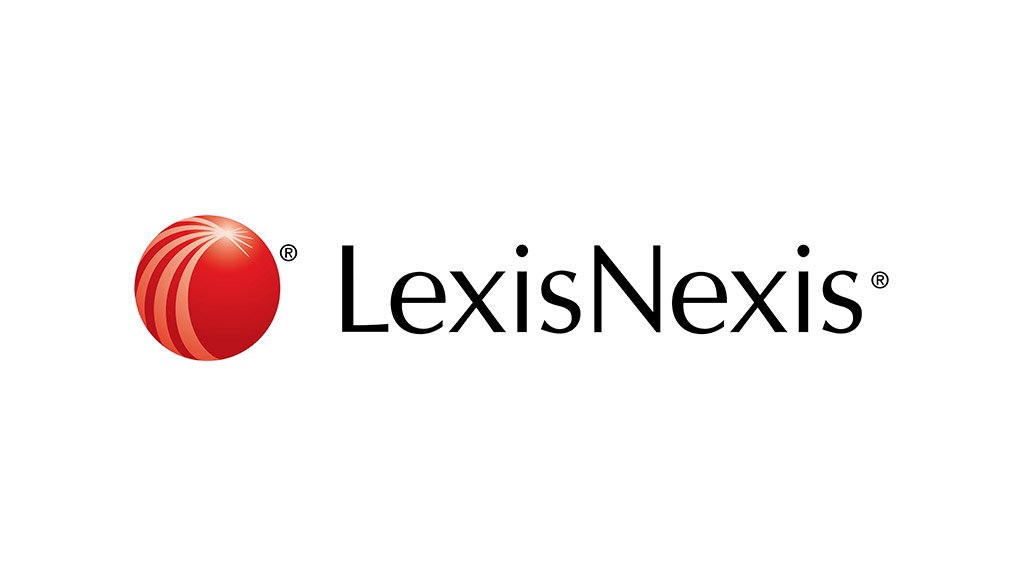The impact of fraud in procurement can be far reaching with many aspects of the business affected by such transactions. With the threat of reputational damage, legal non-compliance and potential financial losses remaining a possibility, it is critical that preventative measures are put in place to eliminate opportunities for fraudulent activities.
Rudi Kruger, General Manager of LexisNexis Data Services suggests that being aware of the risks that can pertain to employees and suppliers should be among the first steps in an organisation’s risk-based approach to procurement.
Employee risks include:
- Employee involved in fraudulent transaction
- Employee being a director of an active supplier
- Employee being a co-director of an active supplier
- Employee co-owns property with a director of an active supplier
- Property transferred to employee as compensation
- Supplier sold a property to an active employee
Supplier risks include:
- Vendor director/s linked to other vendors
- Pass-through schemes
- Counter bidding
- Fraudulent banking details presented
- Supplier no longer in business or filed for liquidation
- Supplier director/s is an active employee
- Supplier listed on restricted supplier database
- Supplier director listed as an active government employee
- Supplier on restricted list operating under another name
Countering these risks requires internal controls as well as external support. “Employee screening should be a part of policy so that you can ensure that their personal interests do not affect the procurement process. Screen employees against CIPC, the South African Fraud Prevention Services and verify their banking transactions,” said Kruger.
Regarding suppliers, Kruger said a business should always have in place a supplier qualification system, which would put suppliers up against a checklist and evaluation process. “This could include regular audits and screening to identify potential risks and suspicious relationships with employees. Verifying information supplied by suppliers would help you discover risks across business ownership and association, identify misinformation on supplier credentials, and protect your organisation’s reputation for integrity and proficiency. Important verifications to include are business status, VAT status, BEE status, bank verification property ownership and judgements online,” he said.
Supplier screening is a critical external exercise as this enables businesses to determine the strength of a supplier. Screen against legislation such as the King IV, BEE Codes, Companies Act, Public Administration Act, Public Finance Management Act, Municipal Finance Management Act, National Treasury Regulations and Guidelines, and the Prevention and Combating of Corrupt Activities Act. Globally, legislation includes The Bribery Act affecting the United Kingdom and all Commonwealth countries and the Foreign Corrupt Practices Act enforced by the United States of America. Also, screen suppliers against a matrix of databases such as media reports, South African Fraud Prevention Services National Treasury Database for Restricted Suppliers and Government Employee Status of Directors.
The ability to assist in a risk-based approach to procurement is enhanced with technology enabled solutions, like Lexis ® ProcureCheck, an online solution that assist with procurement vetting and vendor management. Lexis ® ProcureCheck is an easy to use web-based system that is extremely useful in the procurement process as it facilitates the verification of various data sets, providing linkage to identify possible conflicts of interest, pass-through schemes and shell companies. These capabilities are enhanced with automated irregularity alert reports, staff and supplier reports, conflict of interest reports and ongoing monitoring. For more information, visit, https://www.lexisnexis.co.za/lexis-procurecheck
EMAIL THIS ARTICLE SAVE THIS ARTICLE ARTICLE ENQUIRY
To subscribe email subscriptions@creamermedia.co.za or click here
To advertise email advertising@creamermedia.co.za or click here











